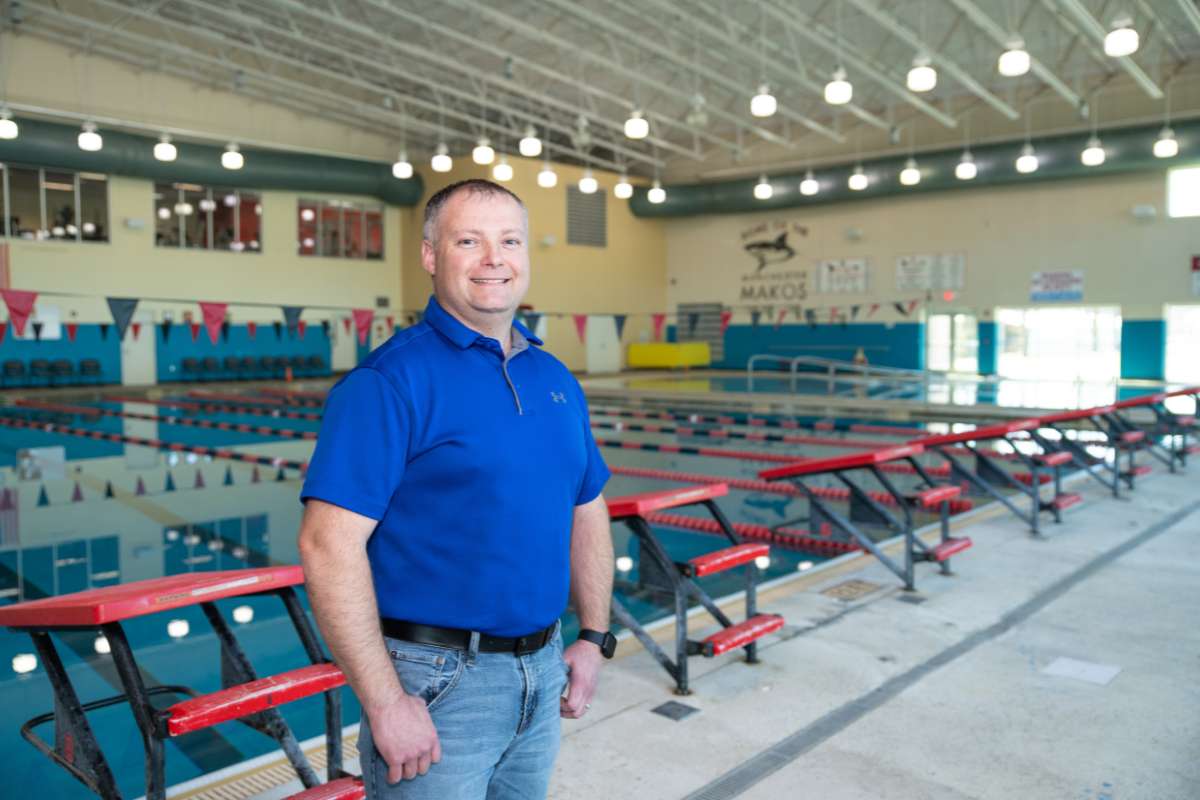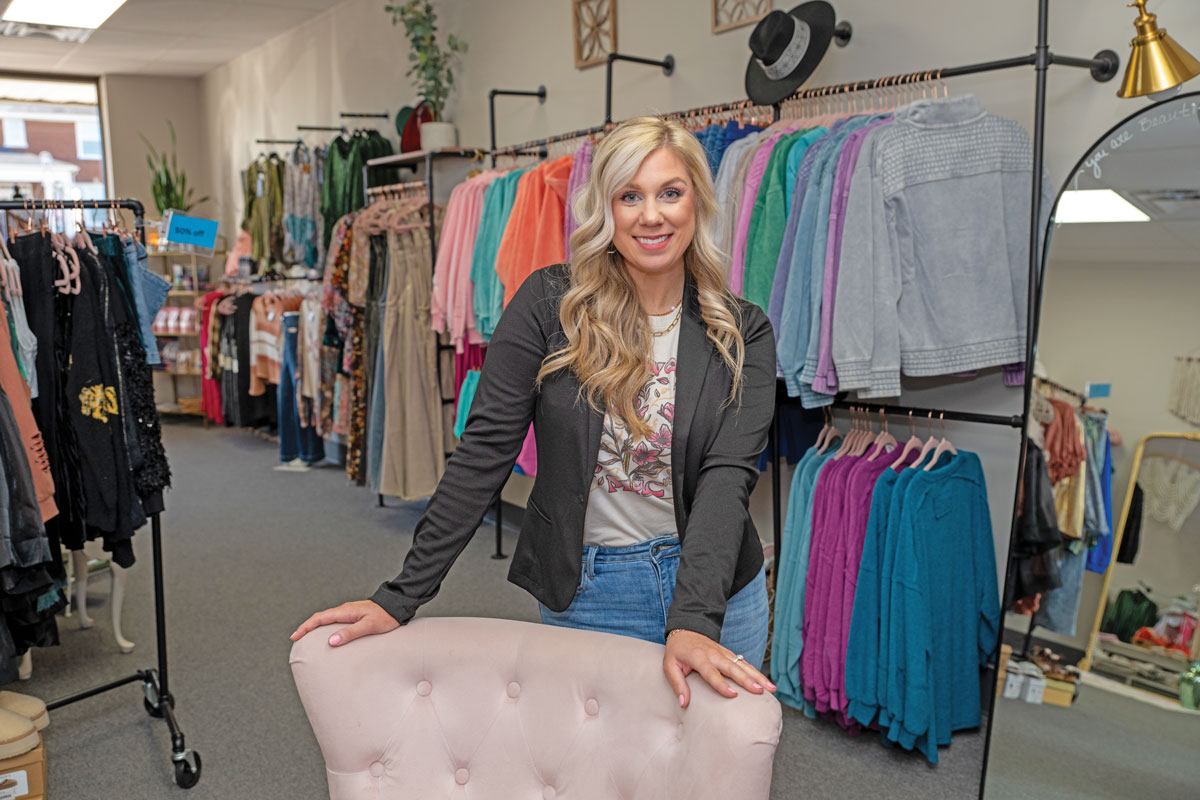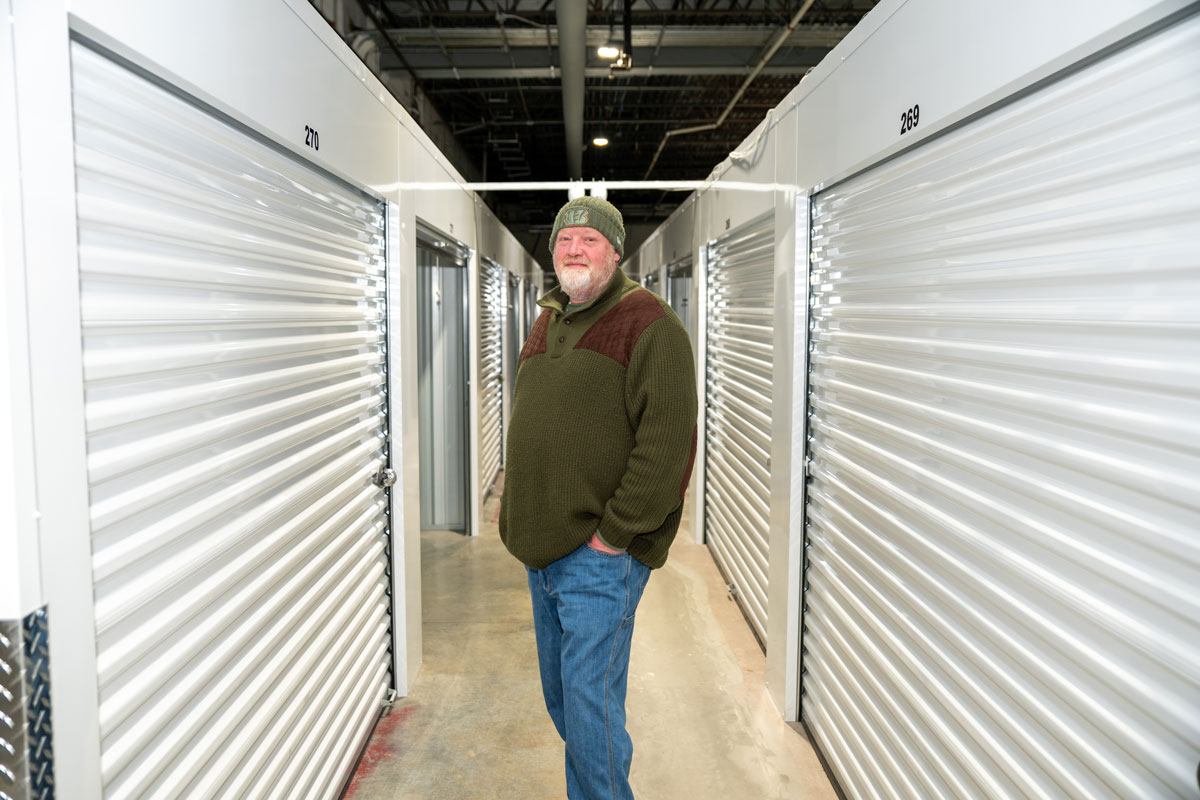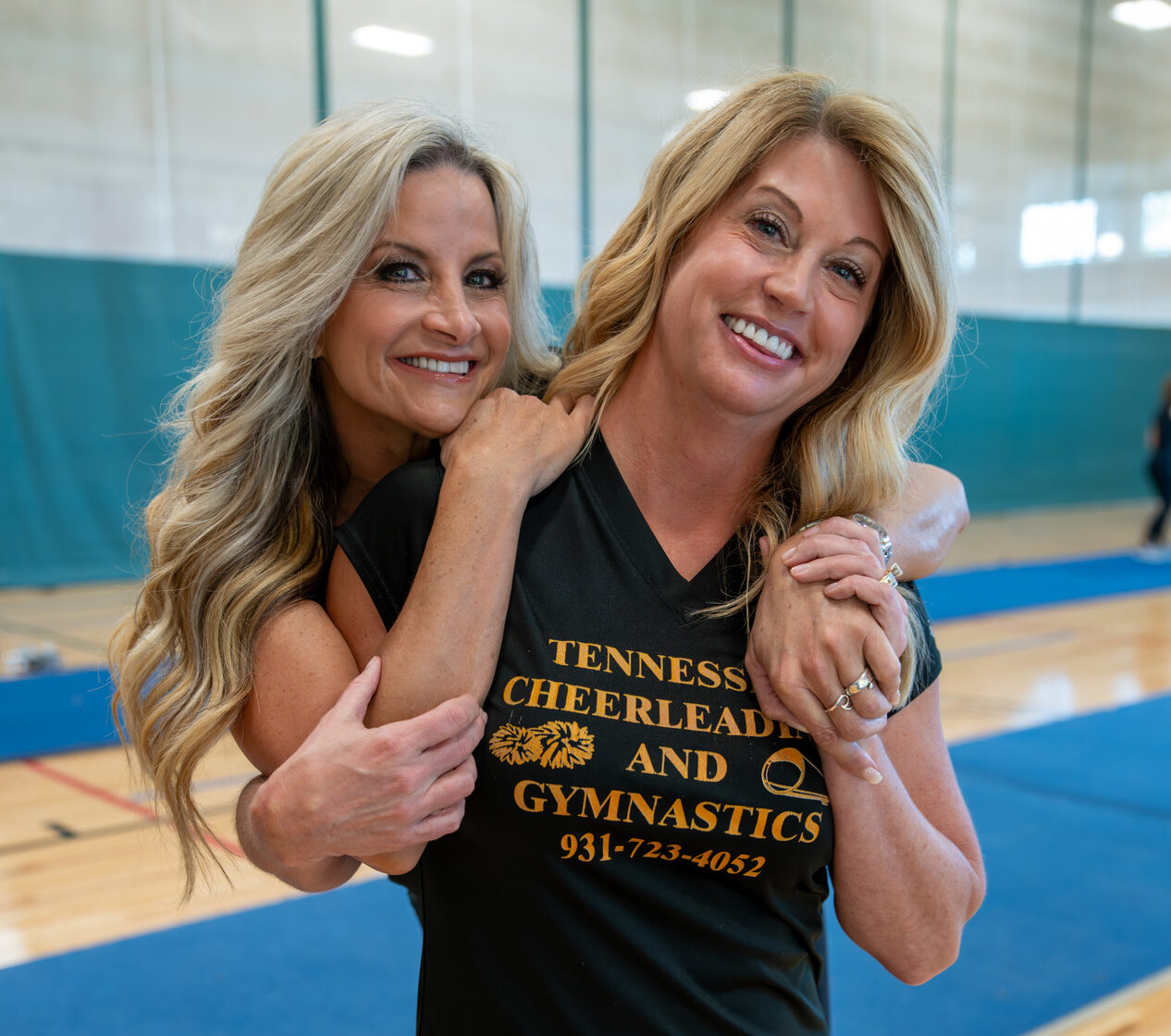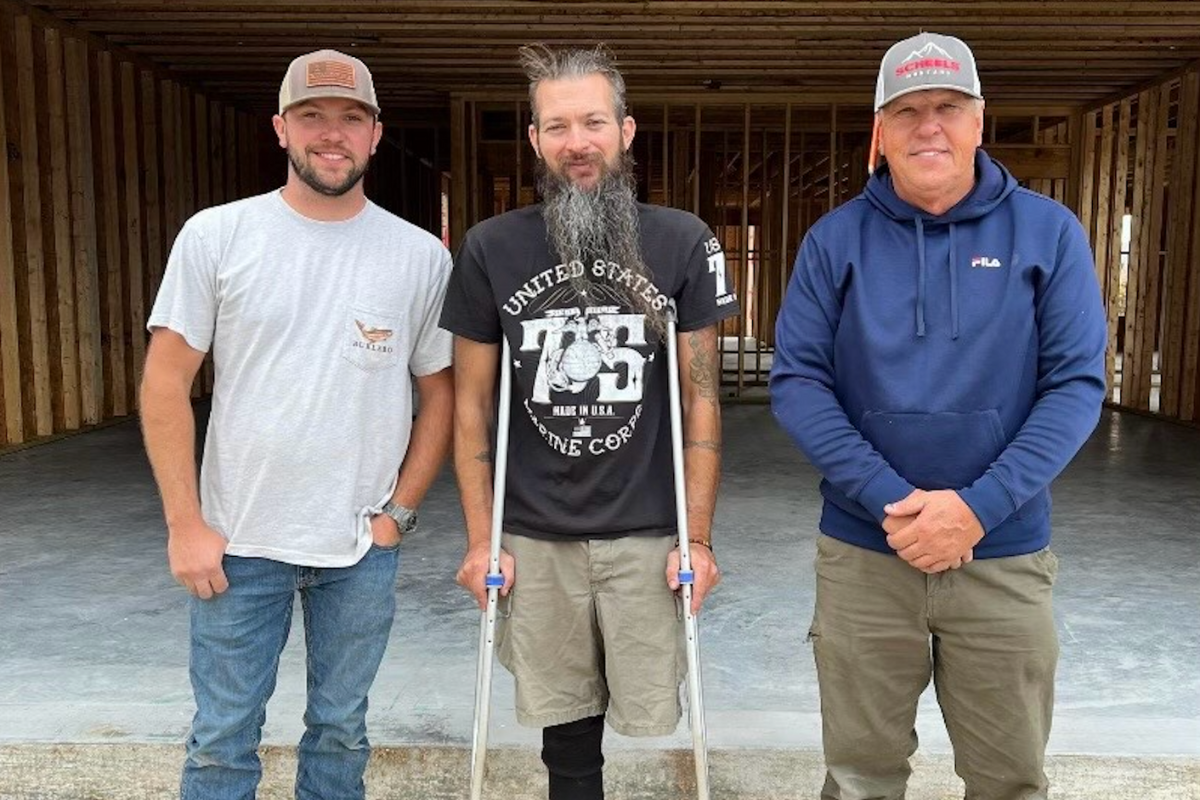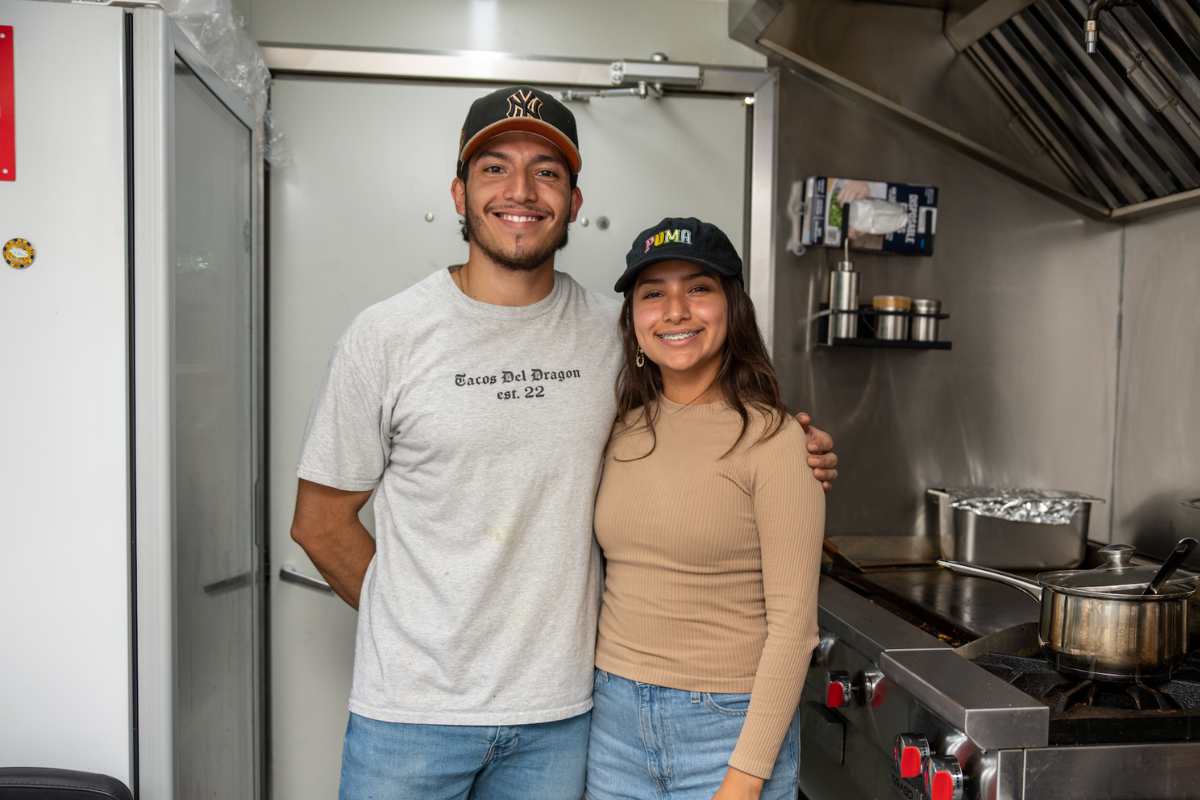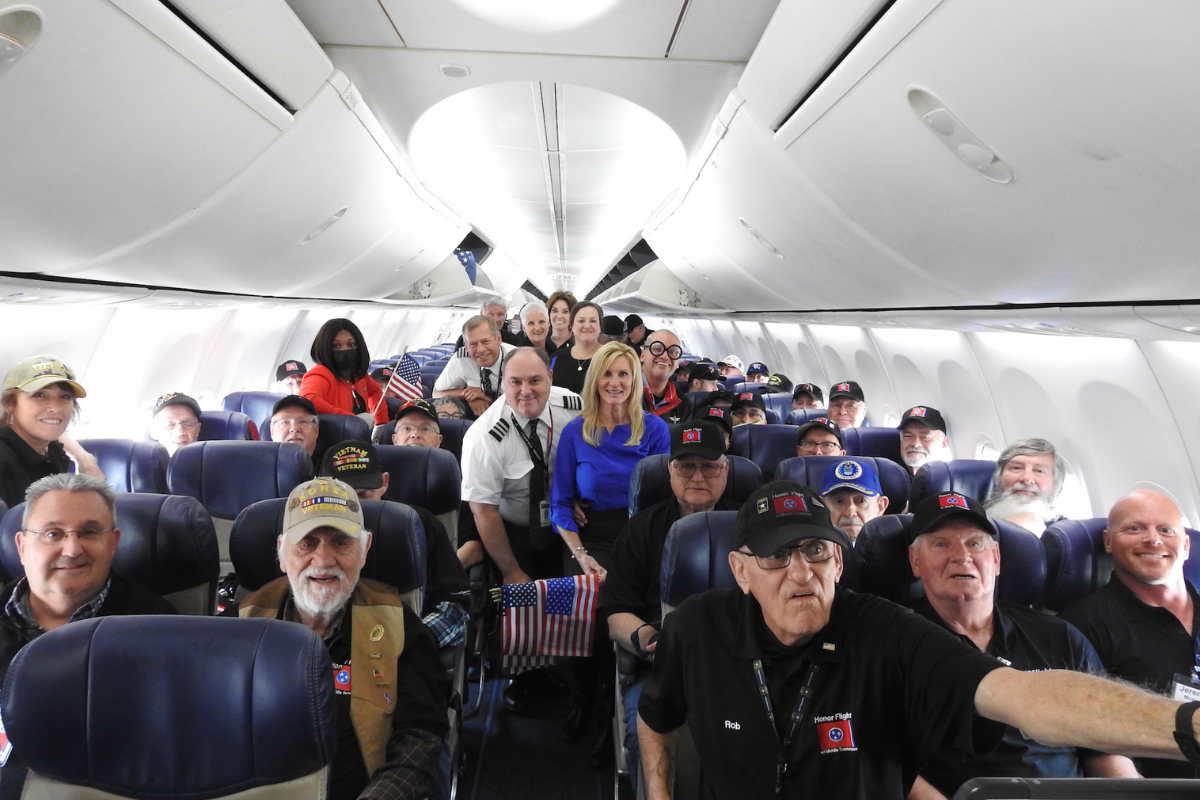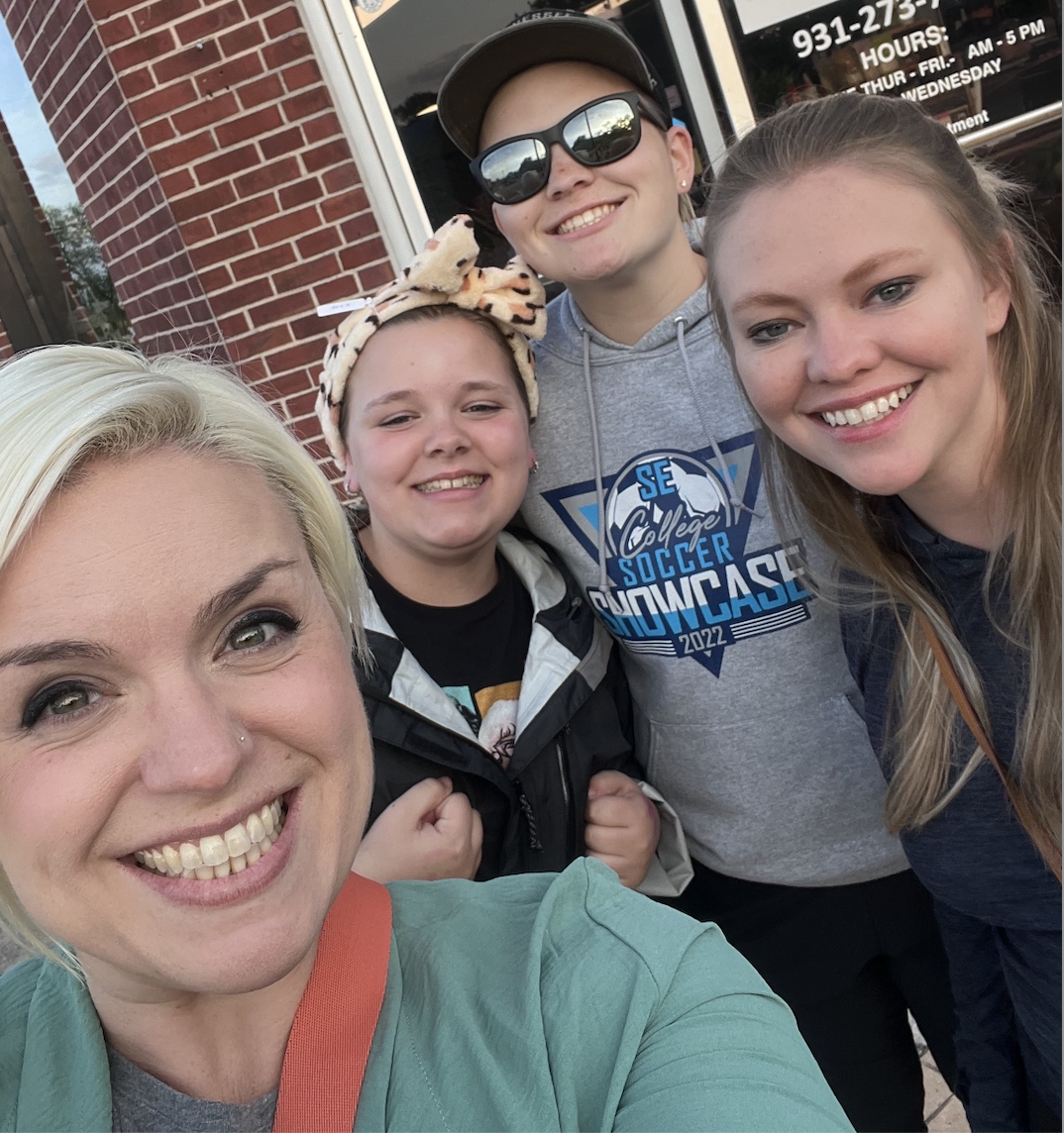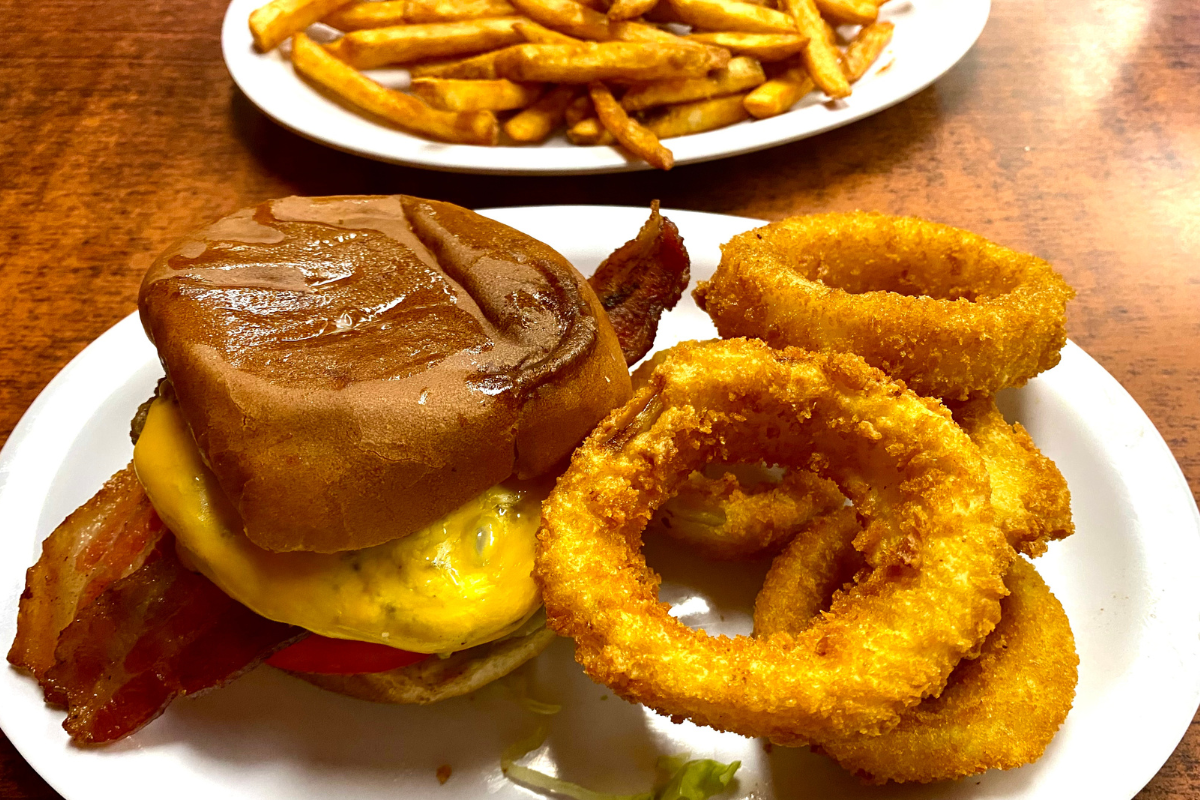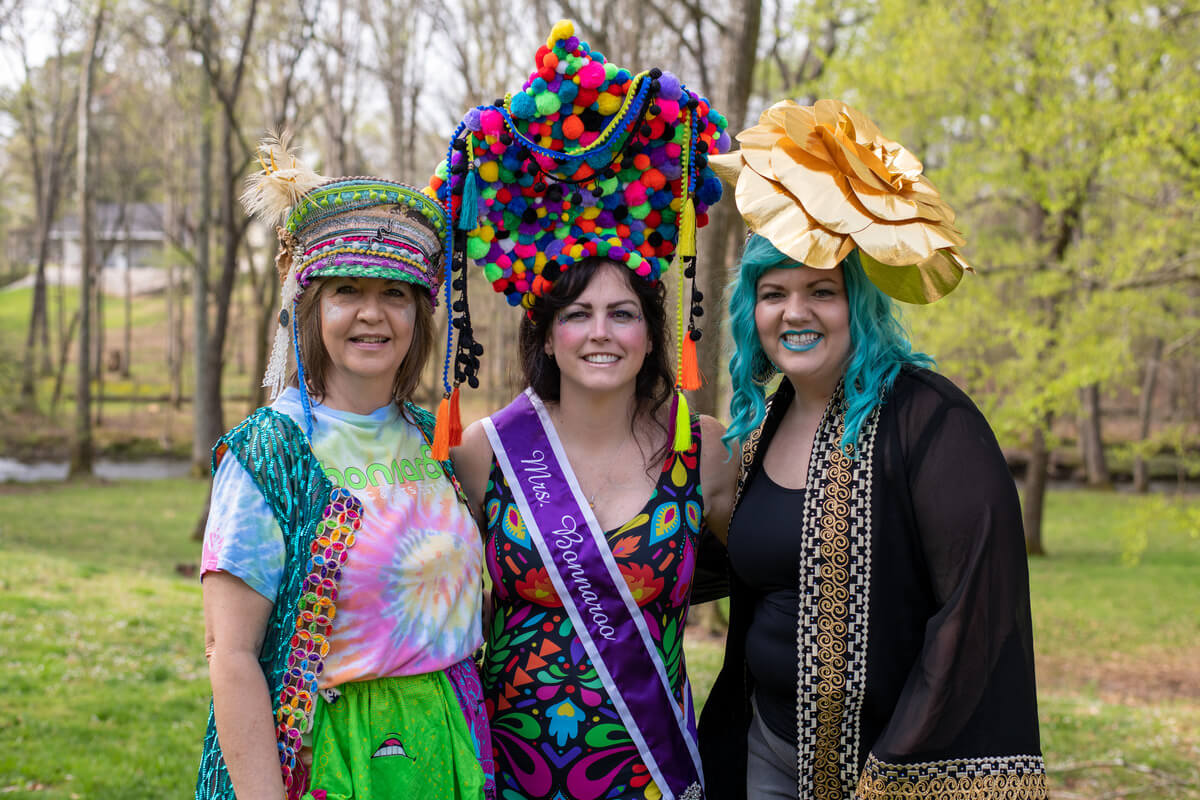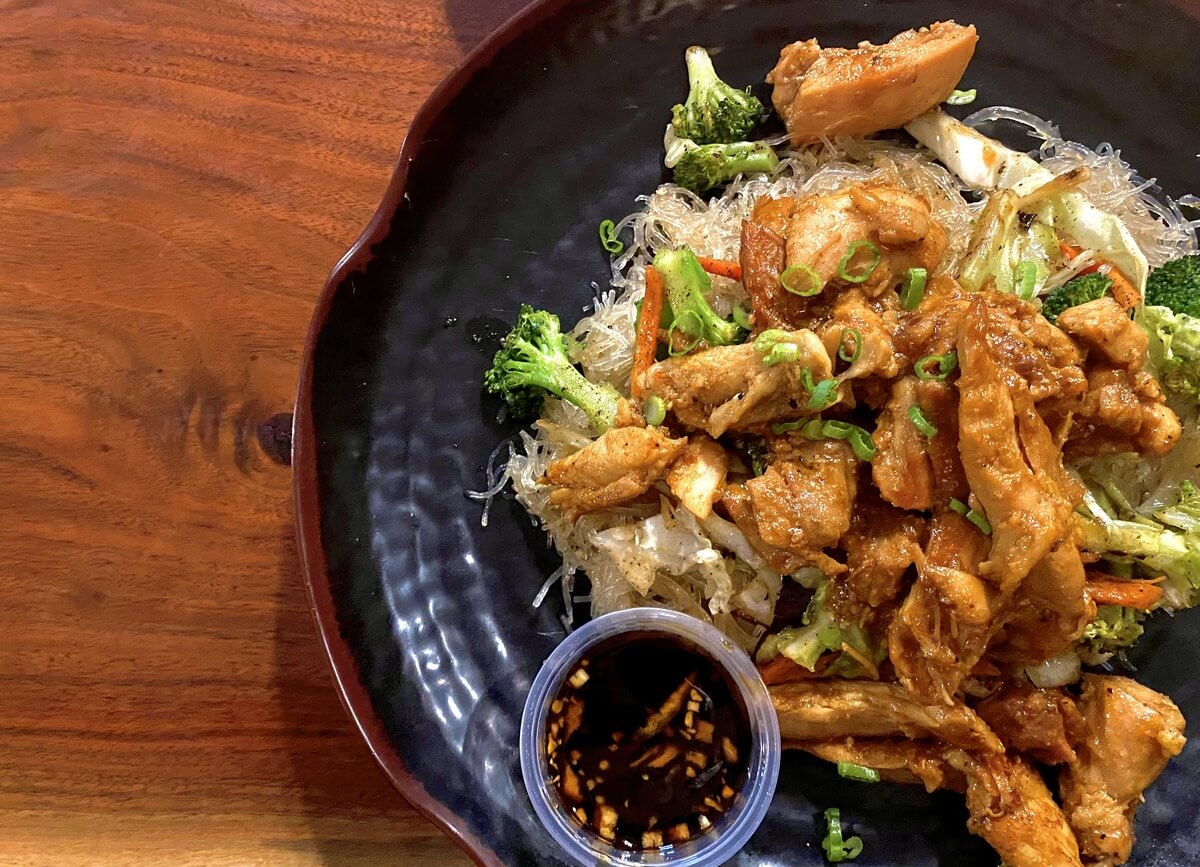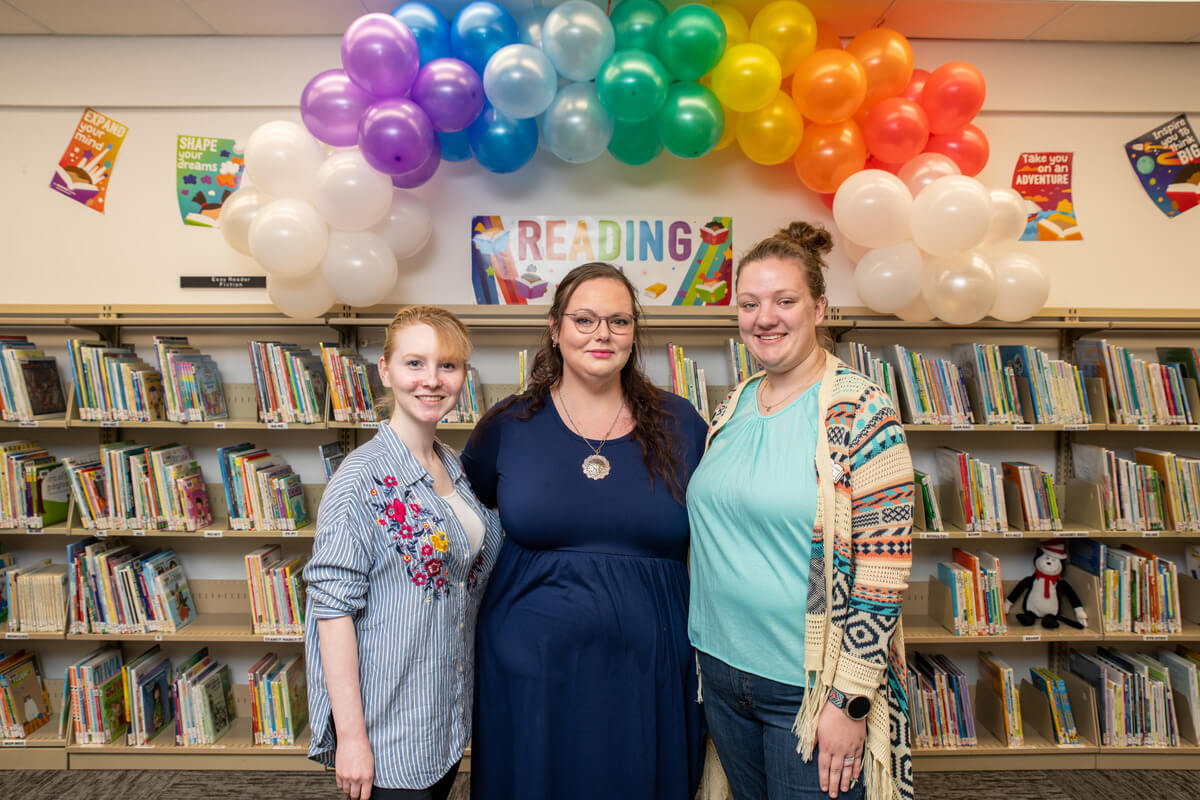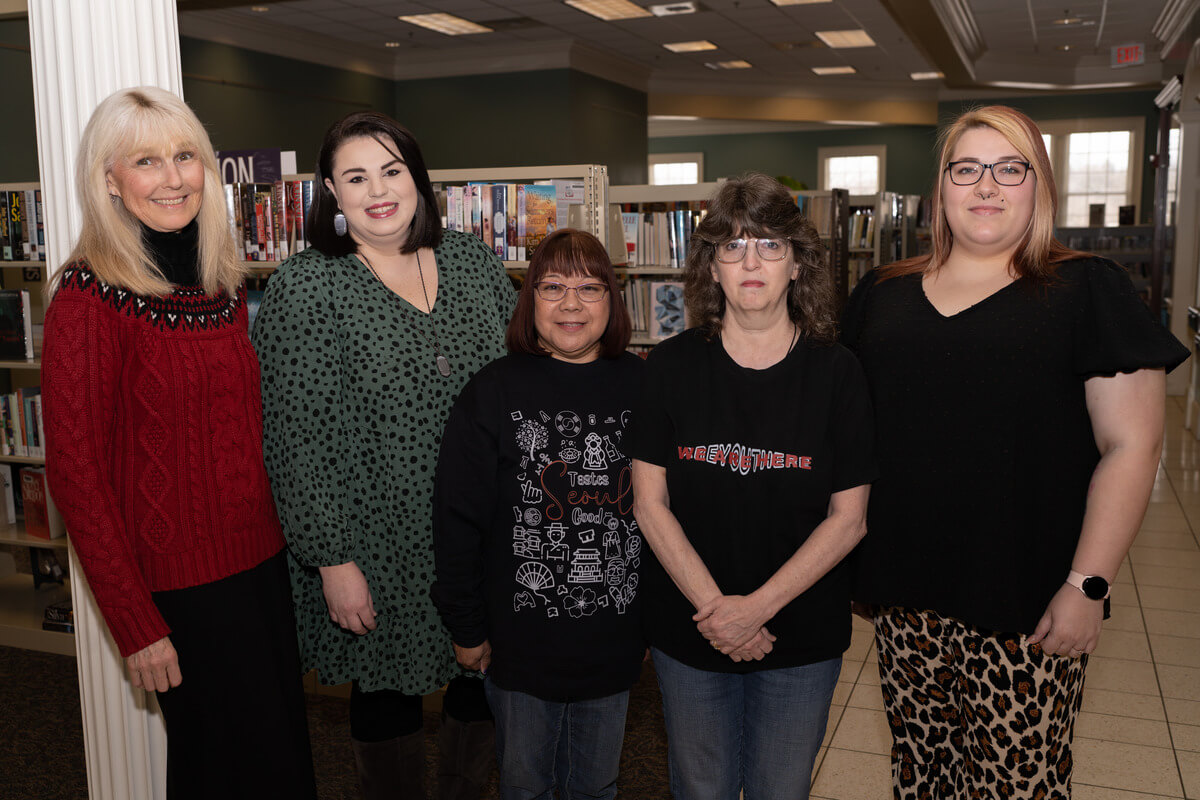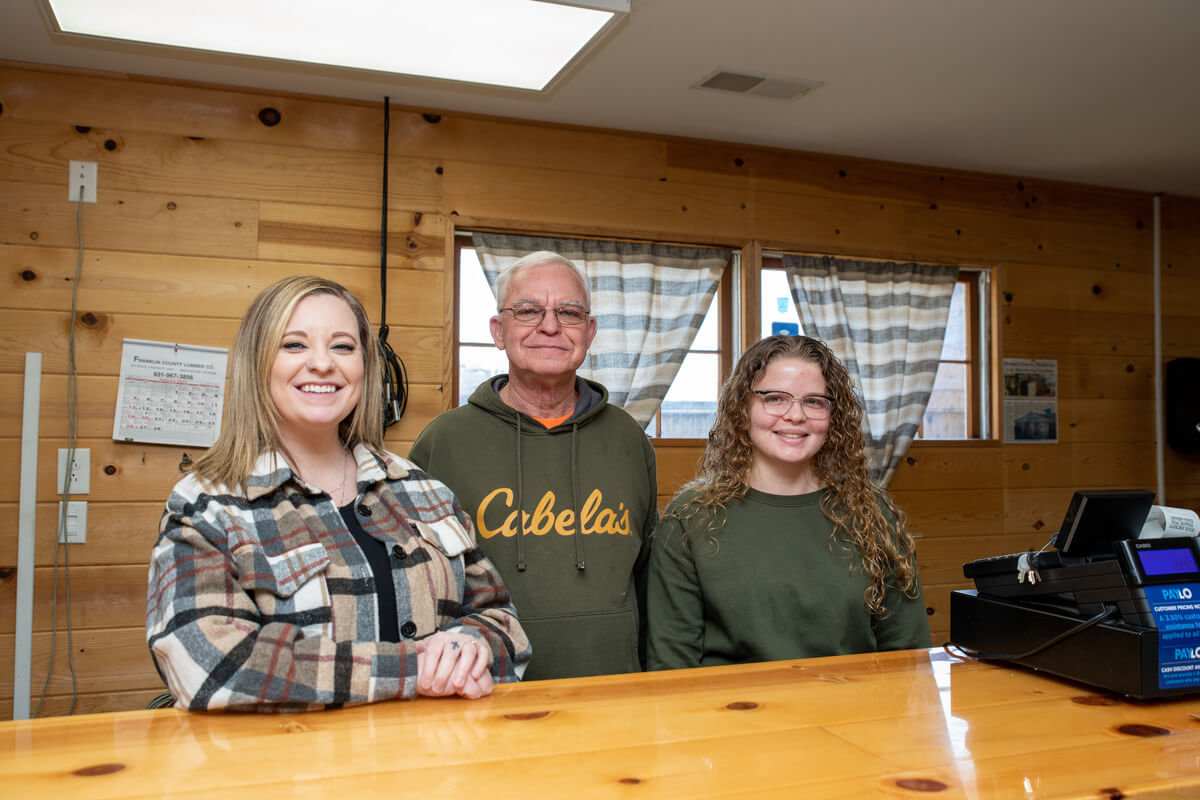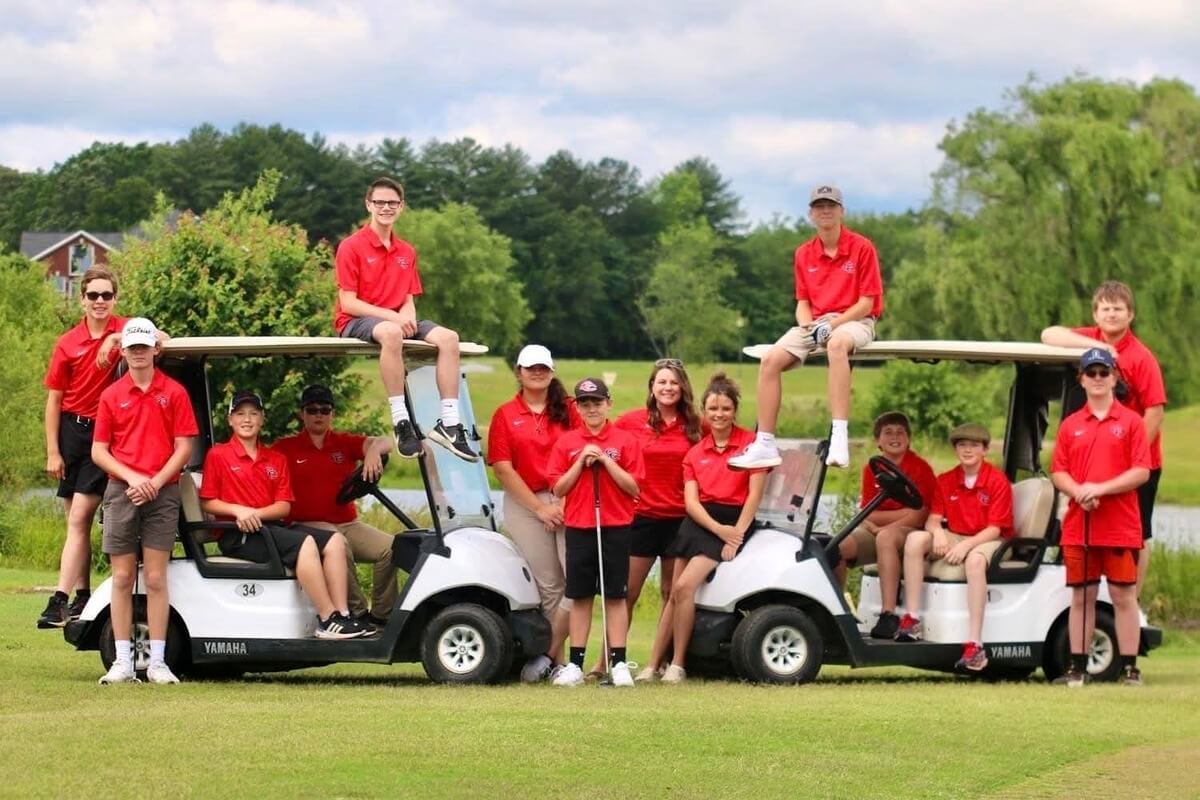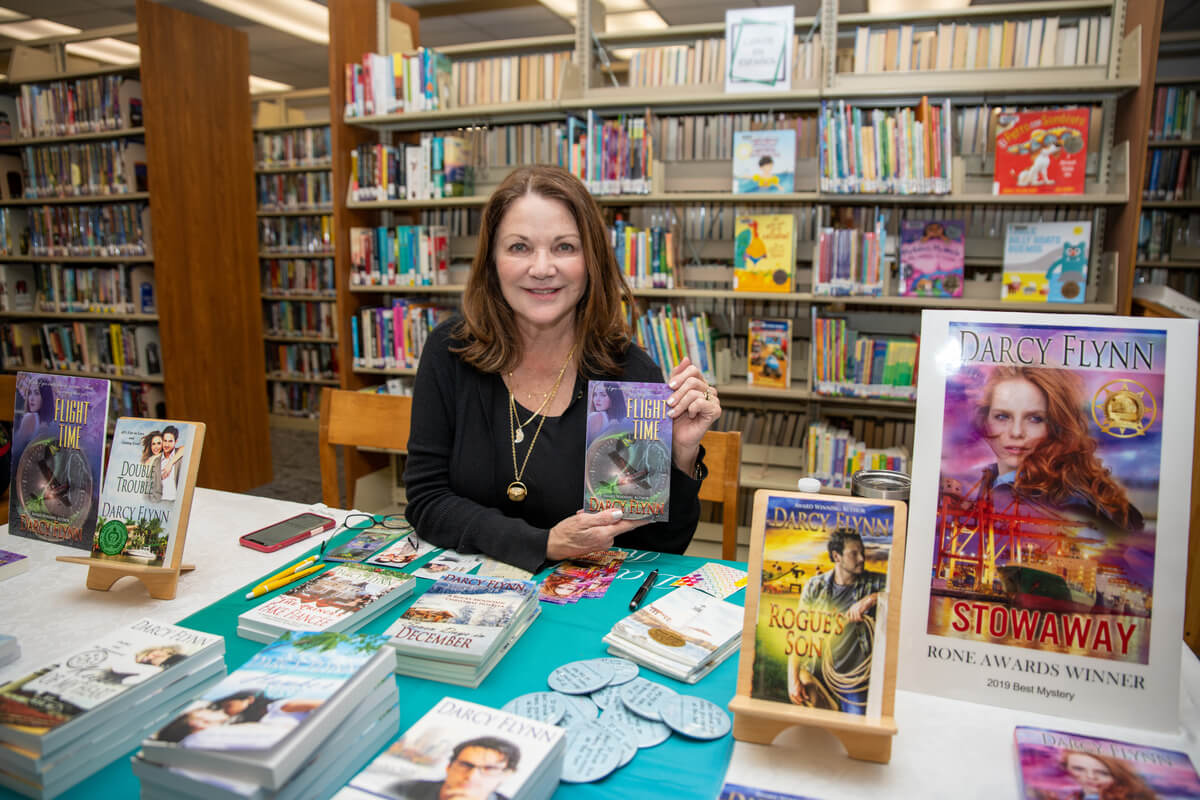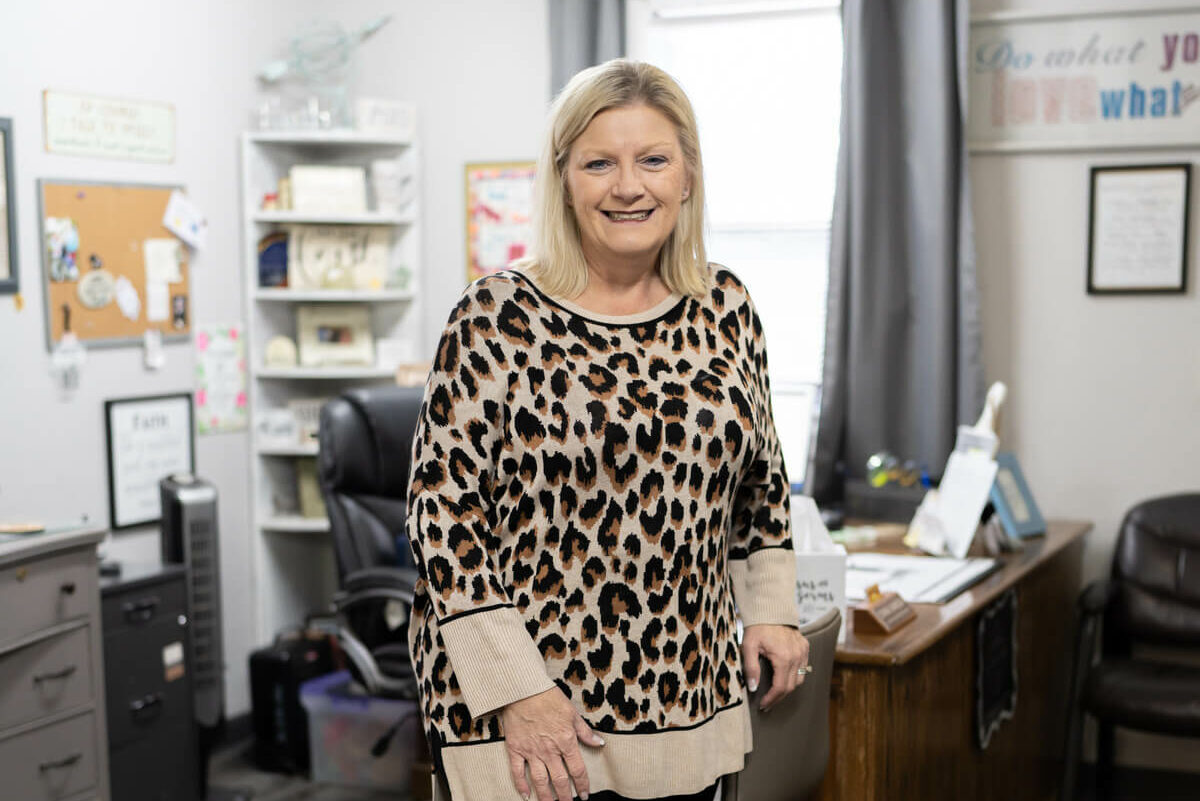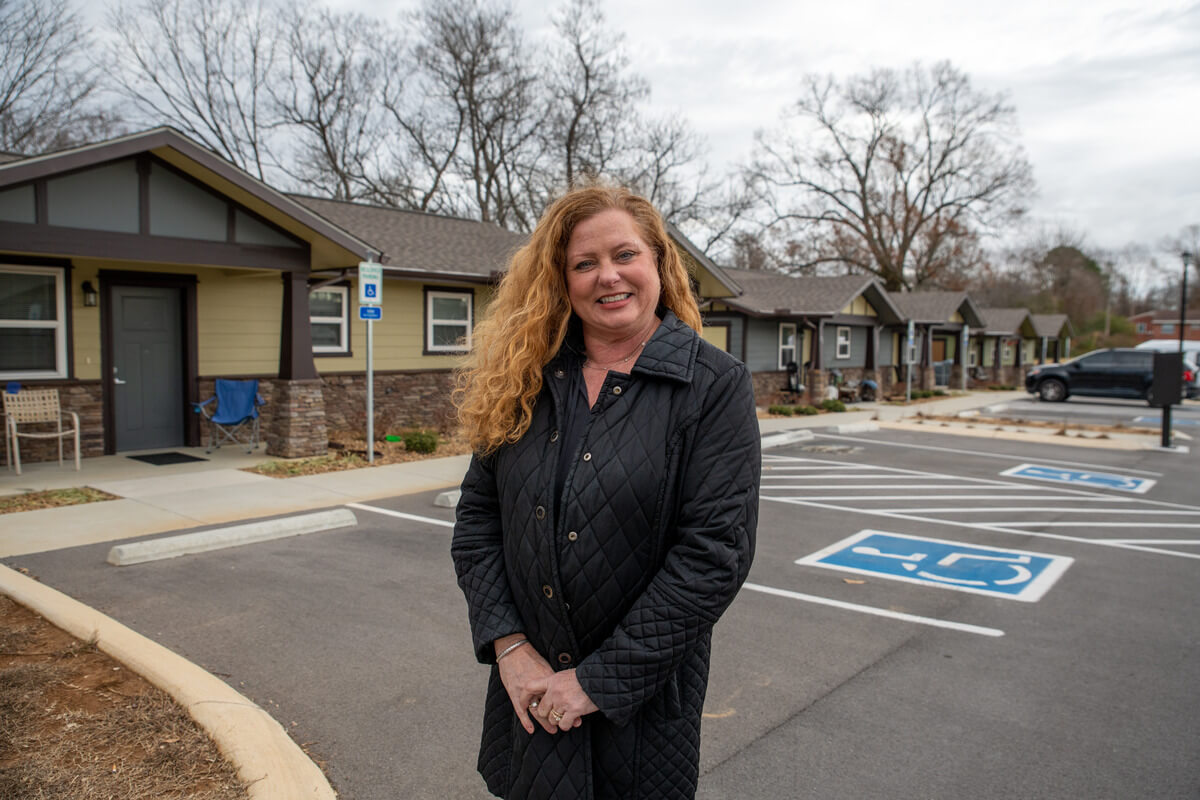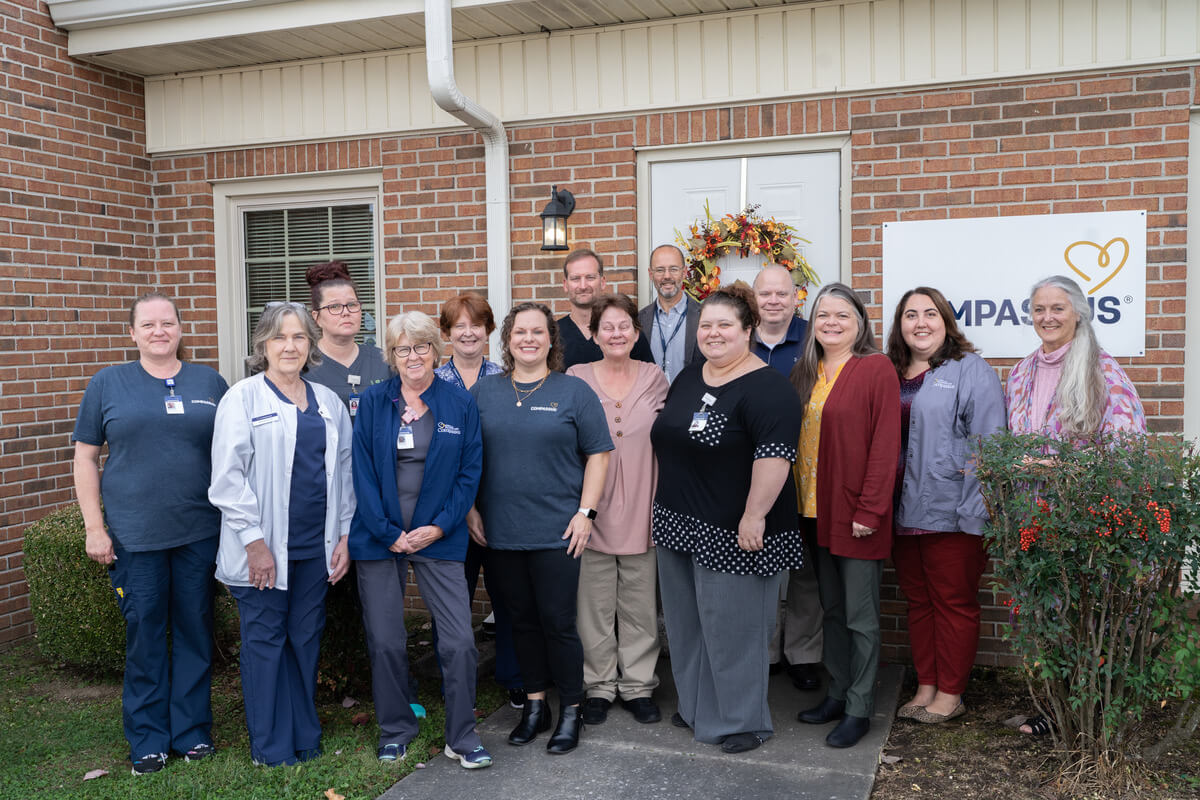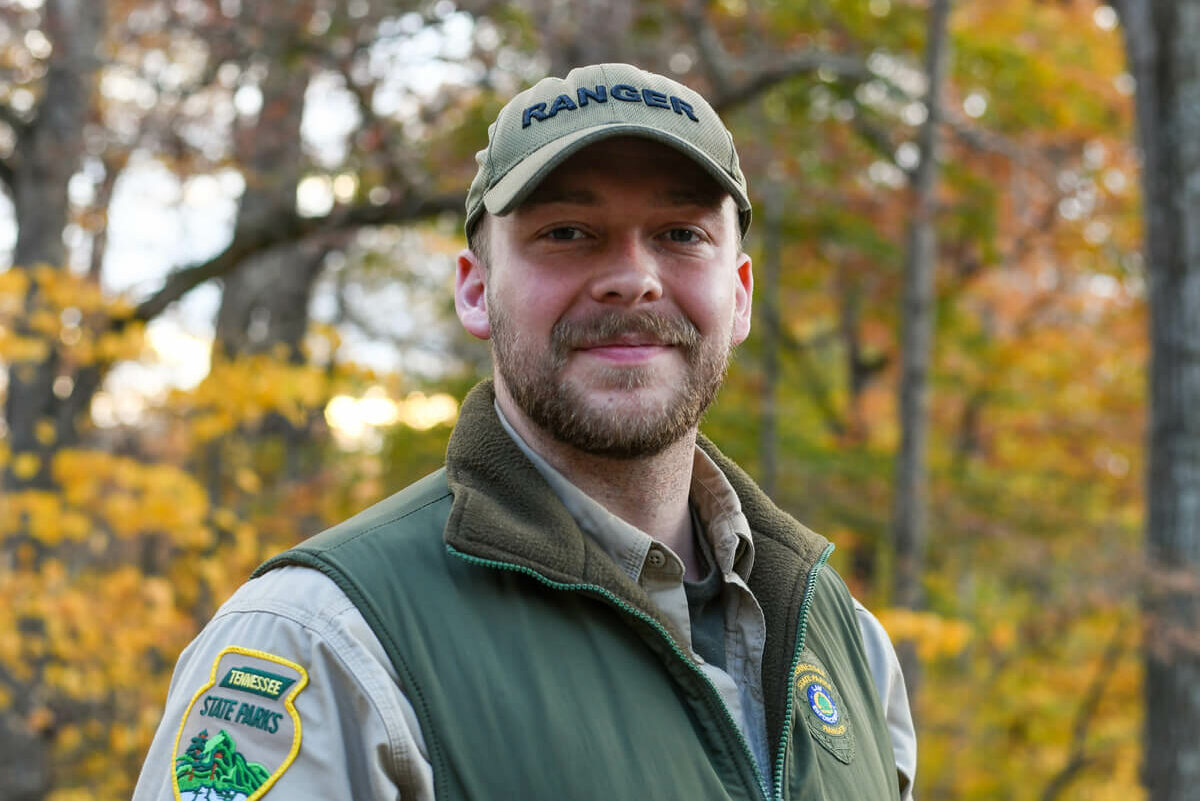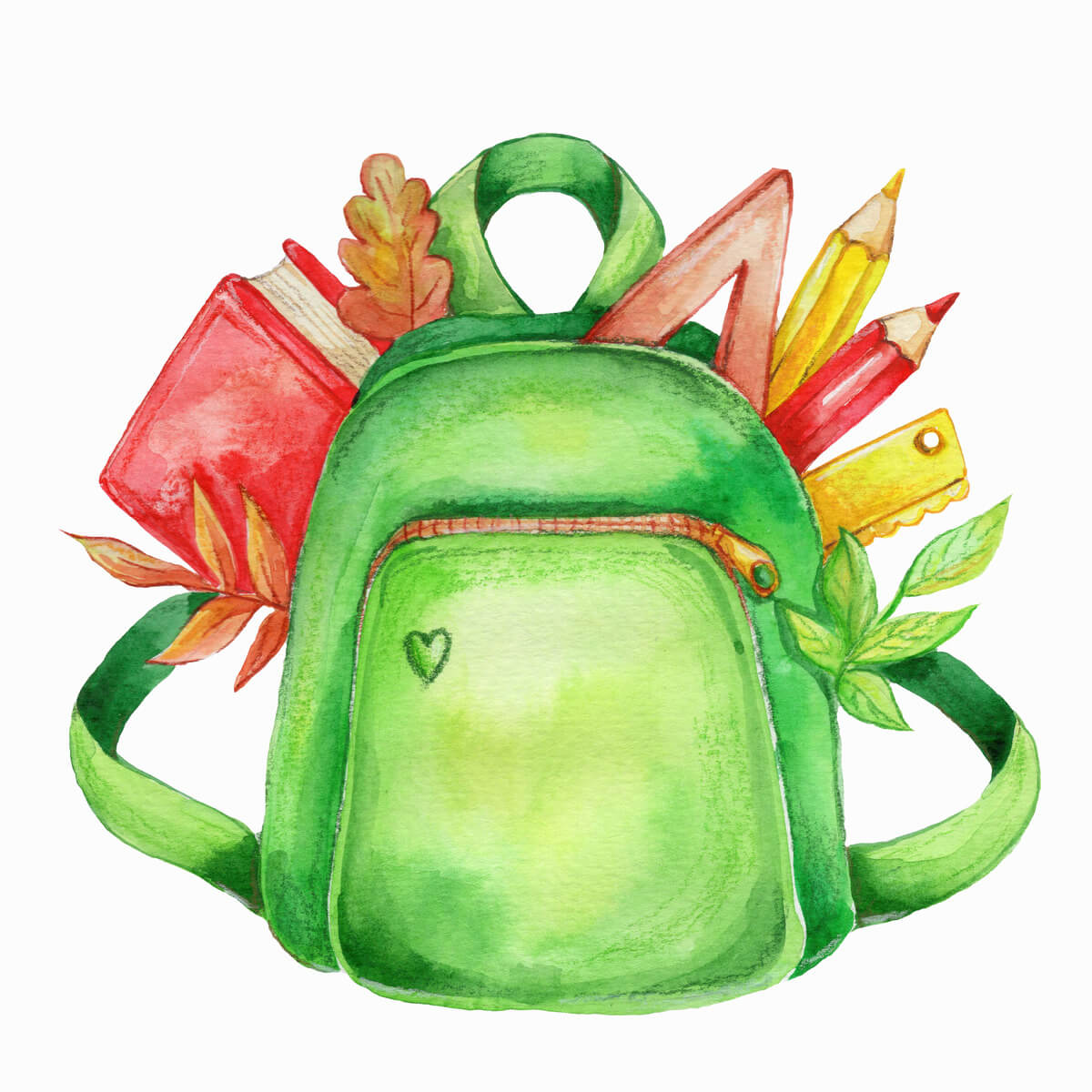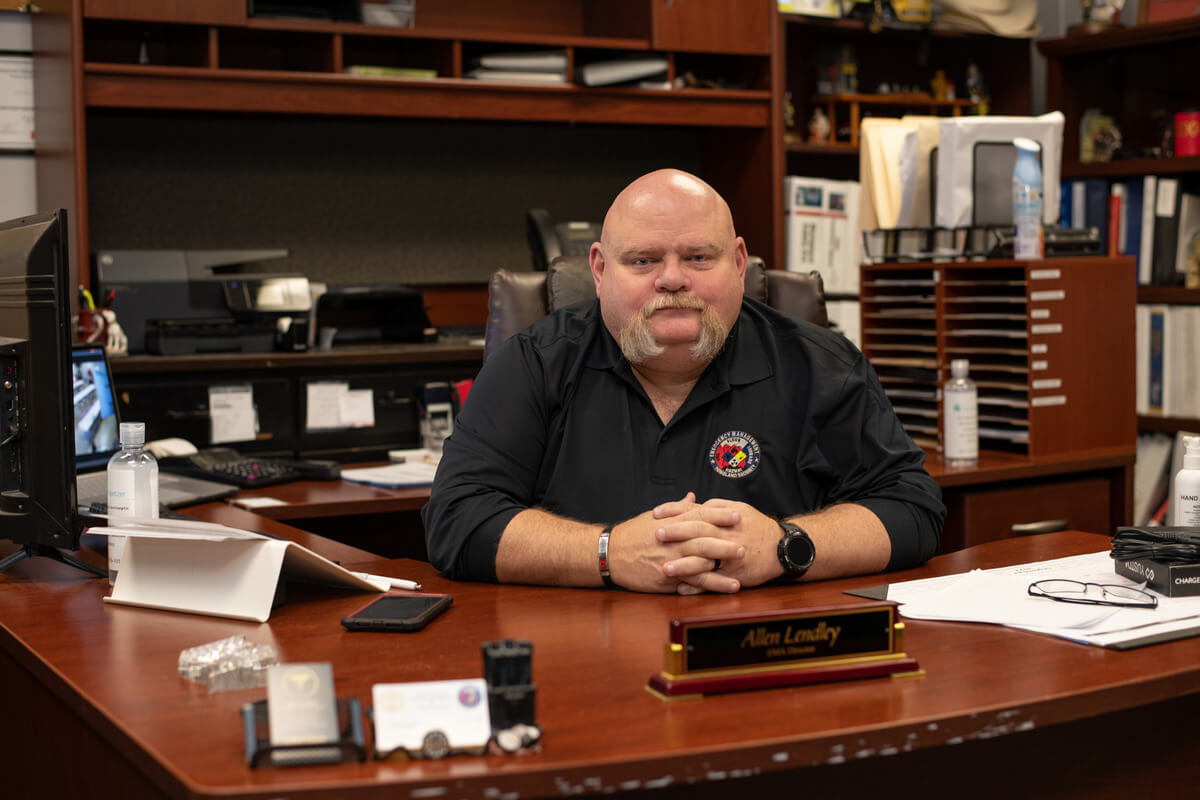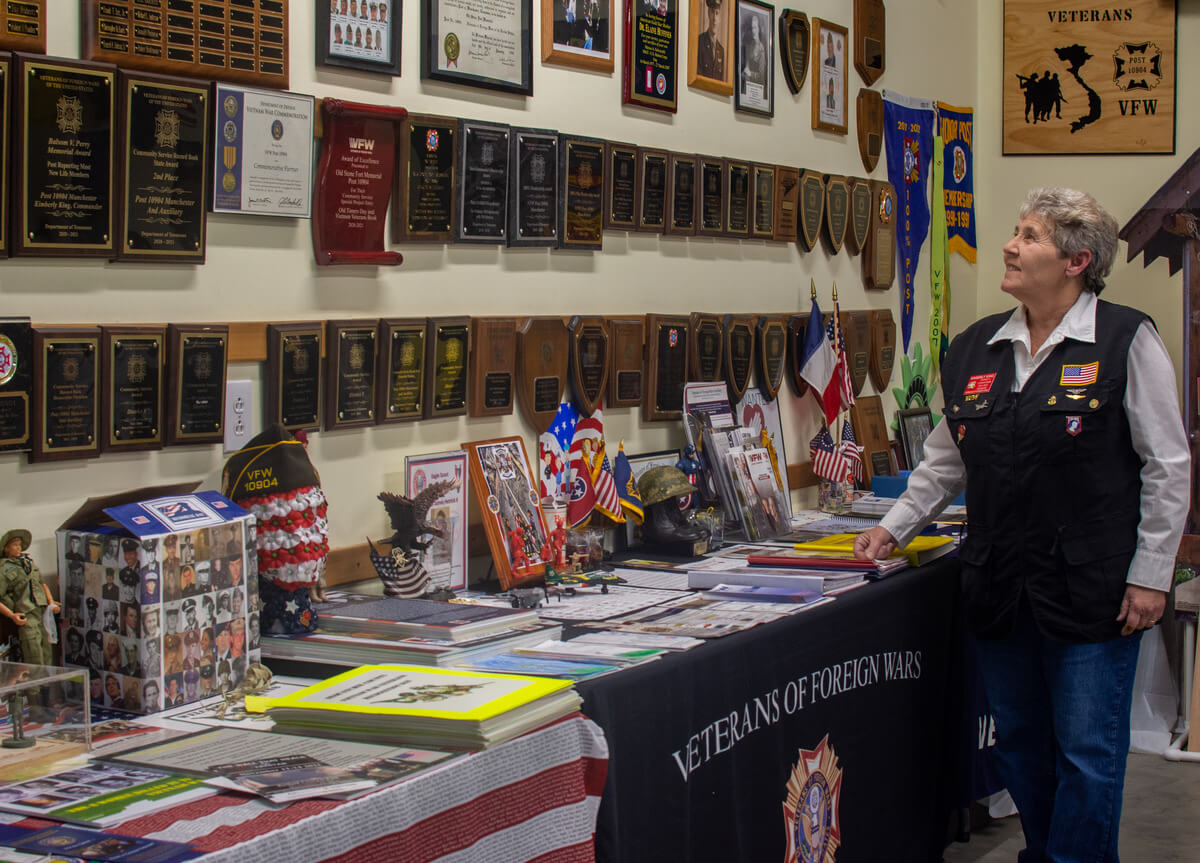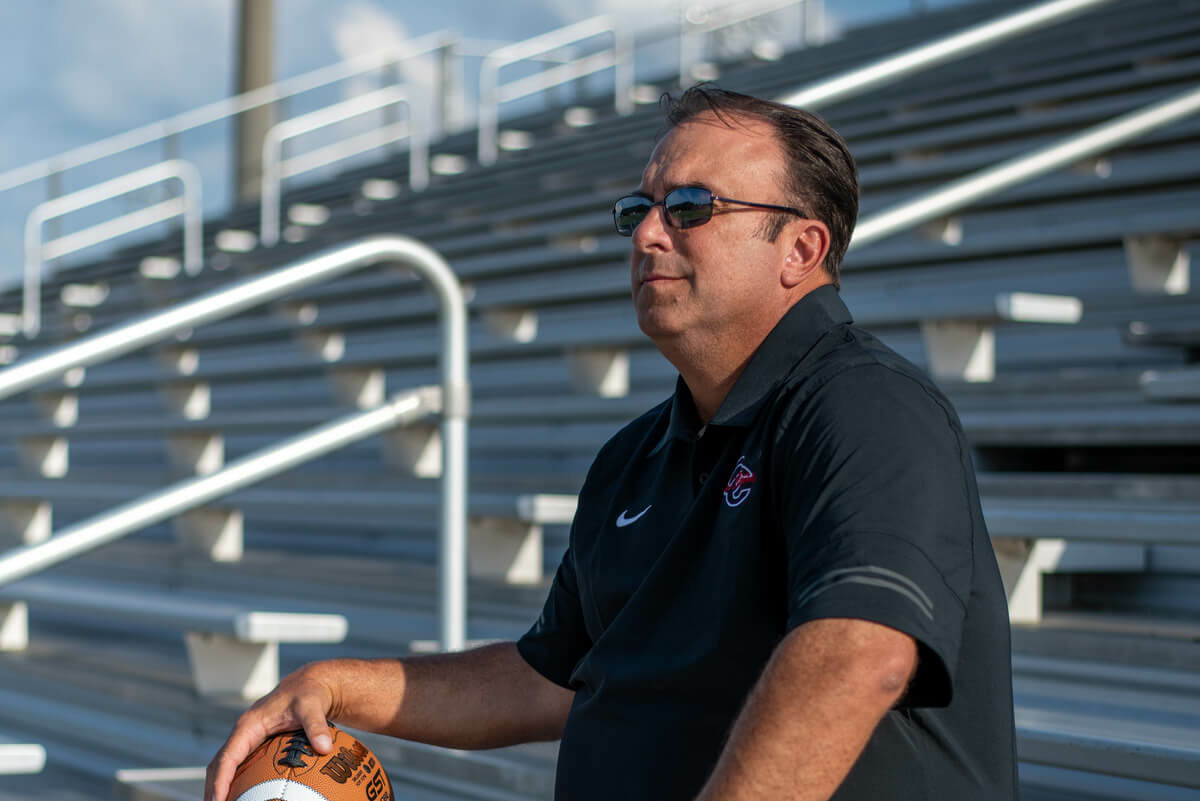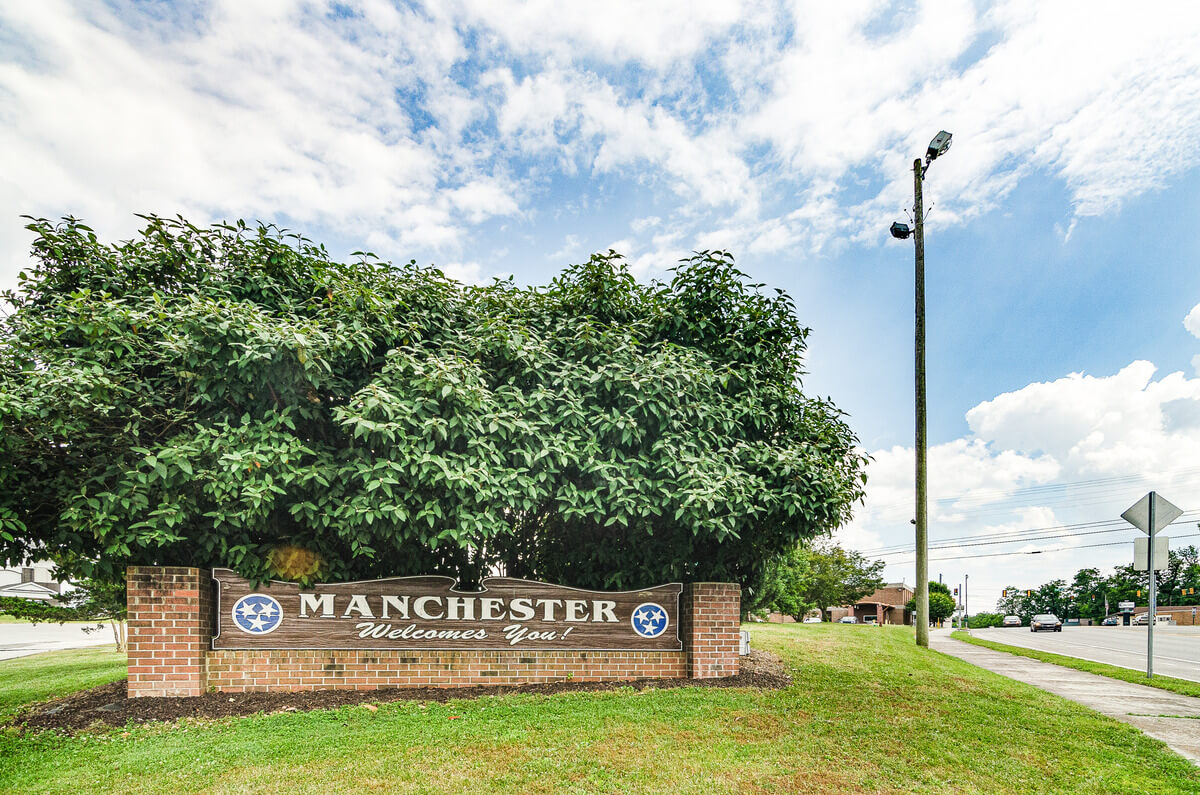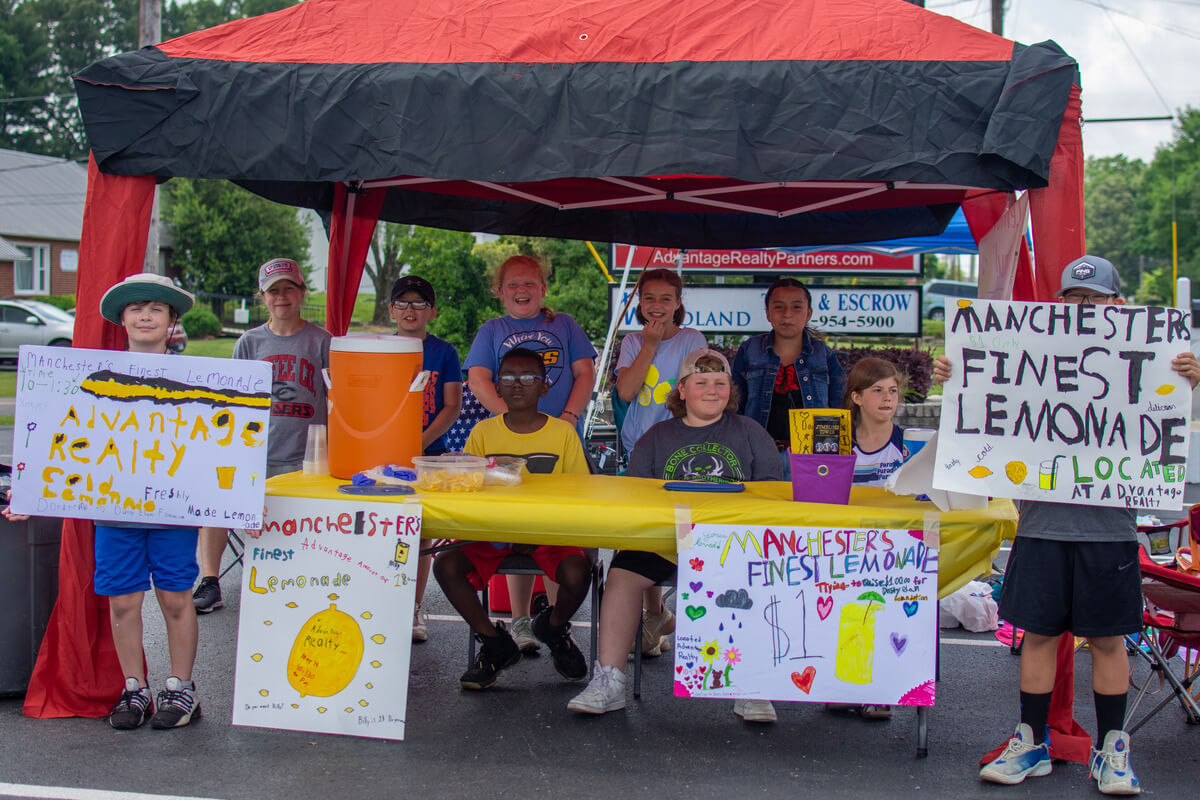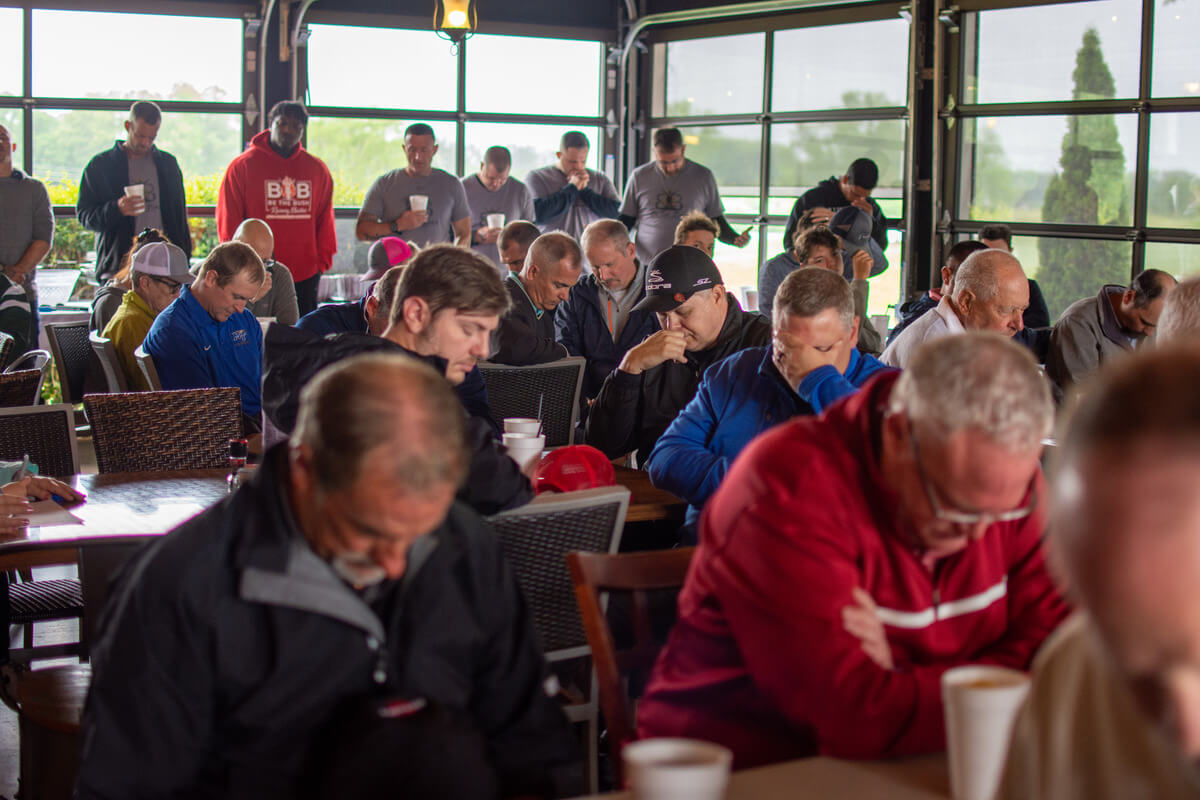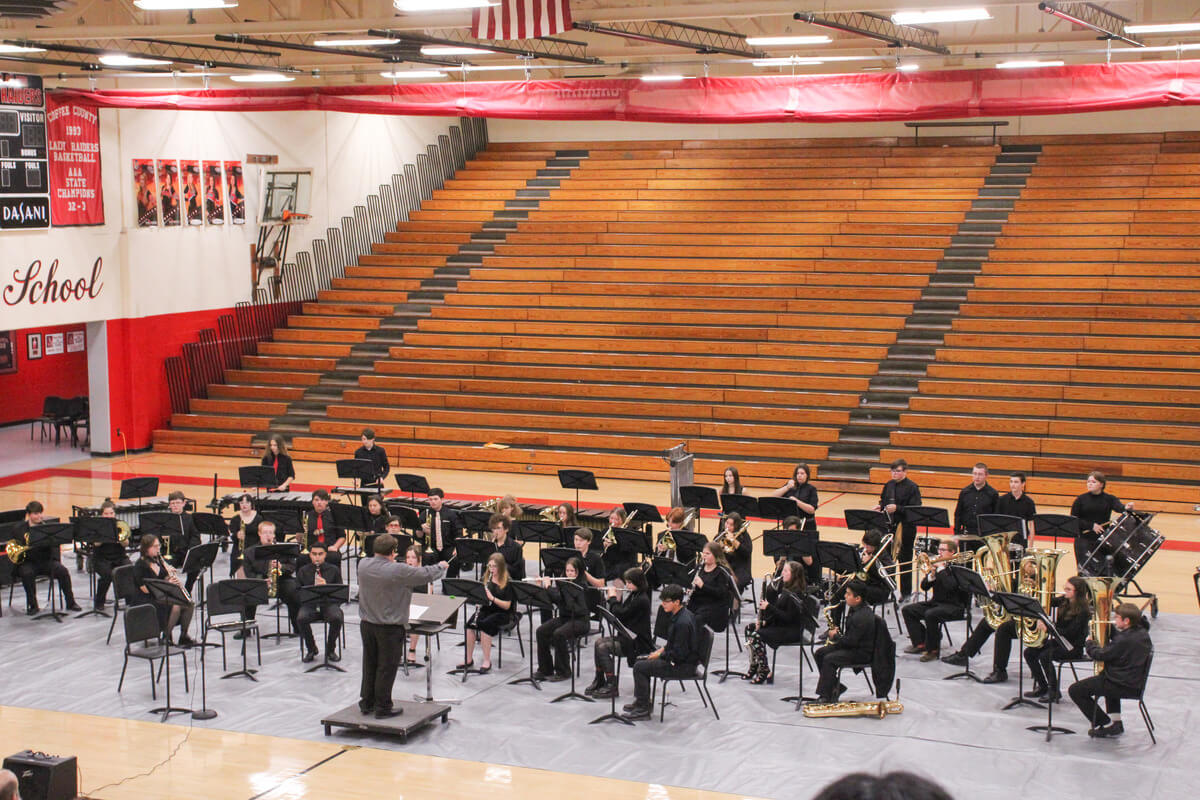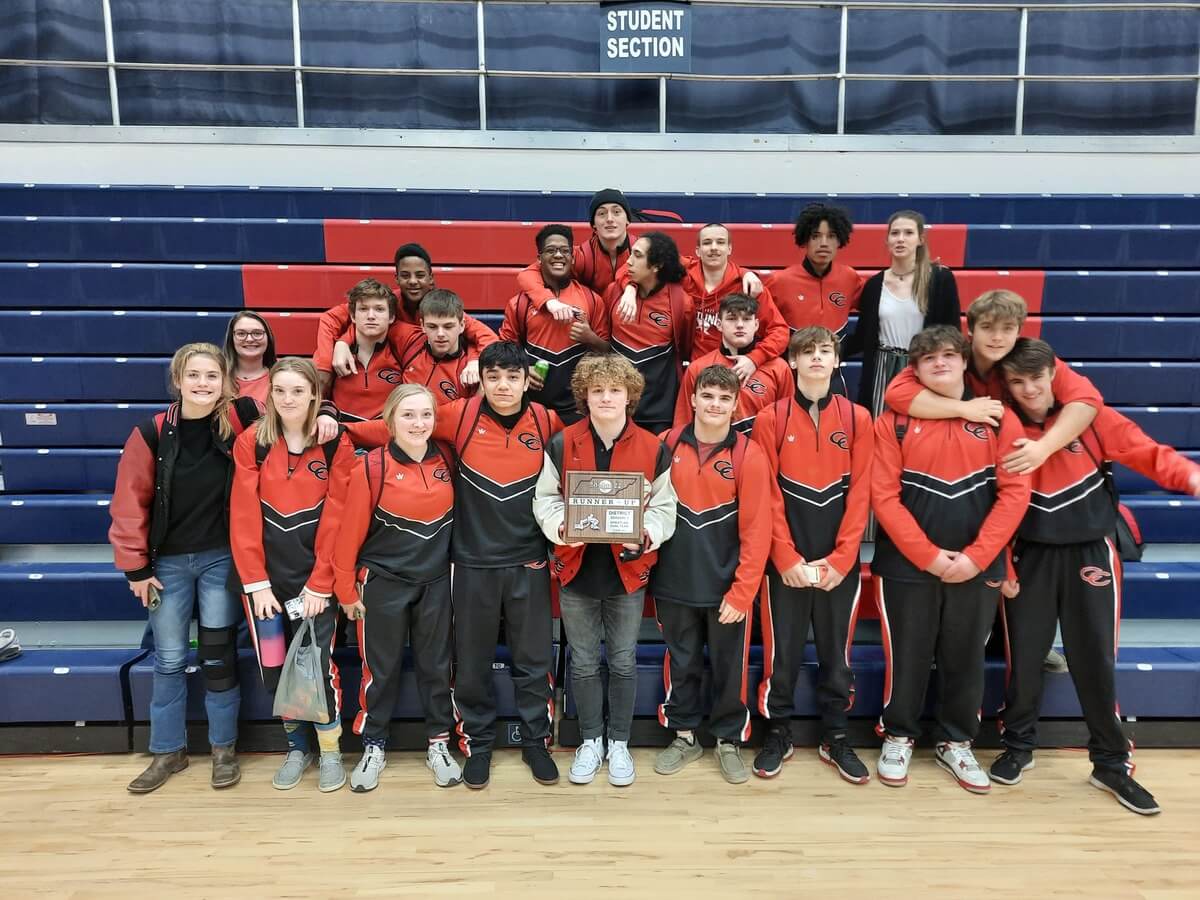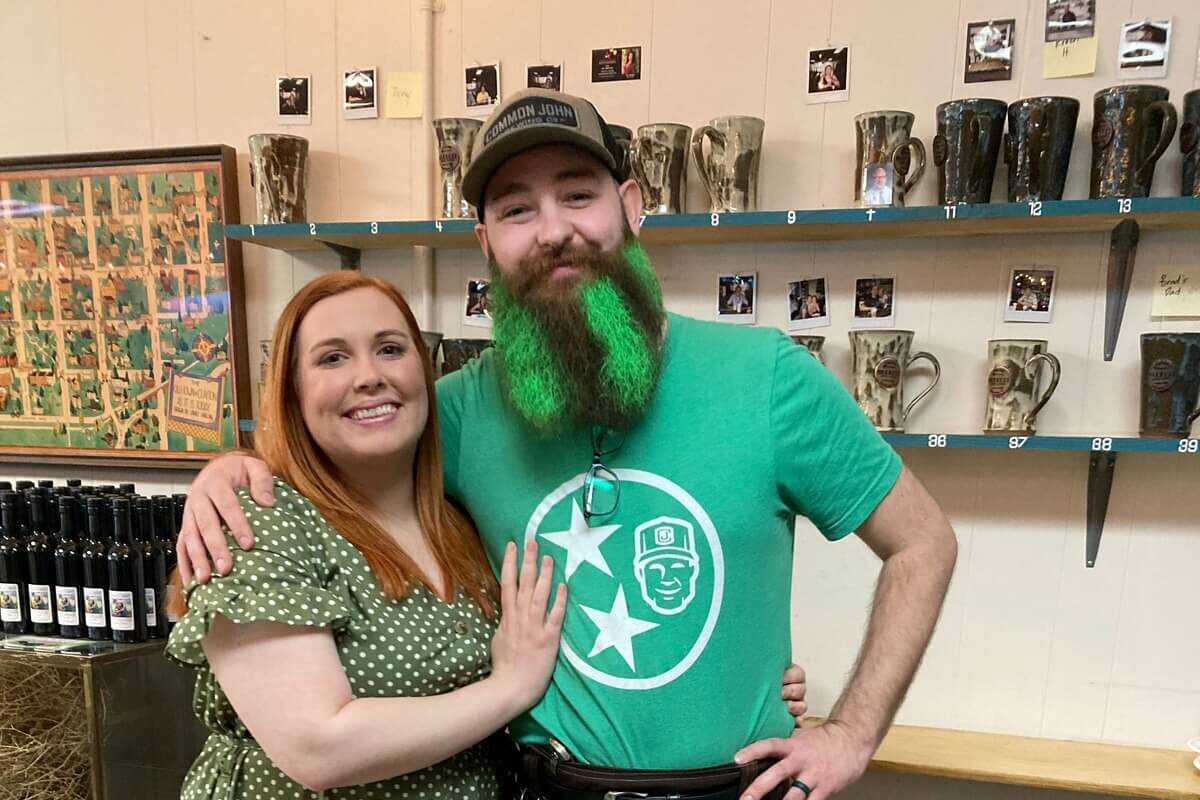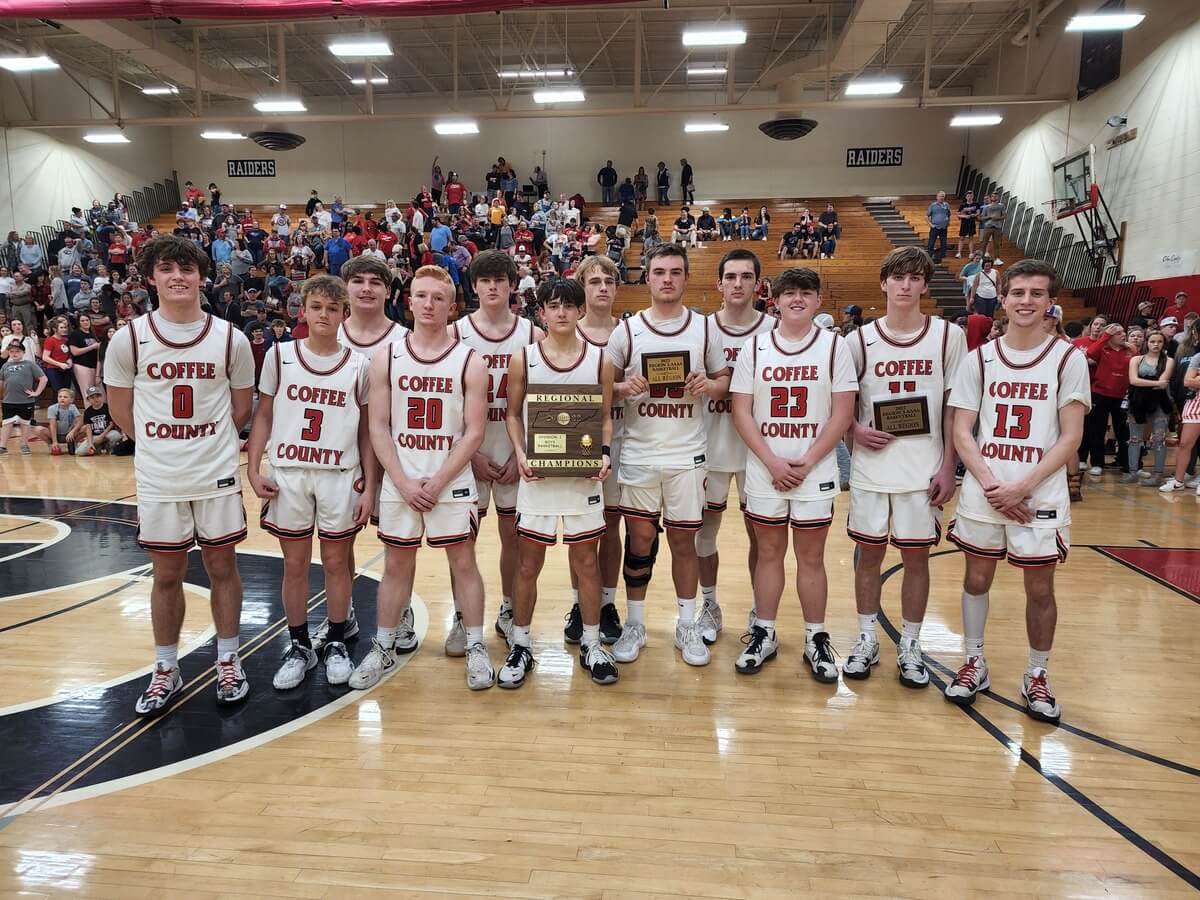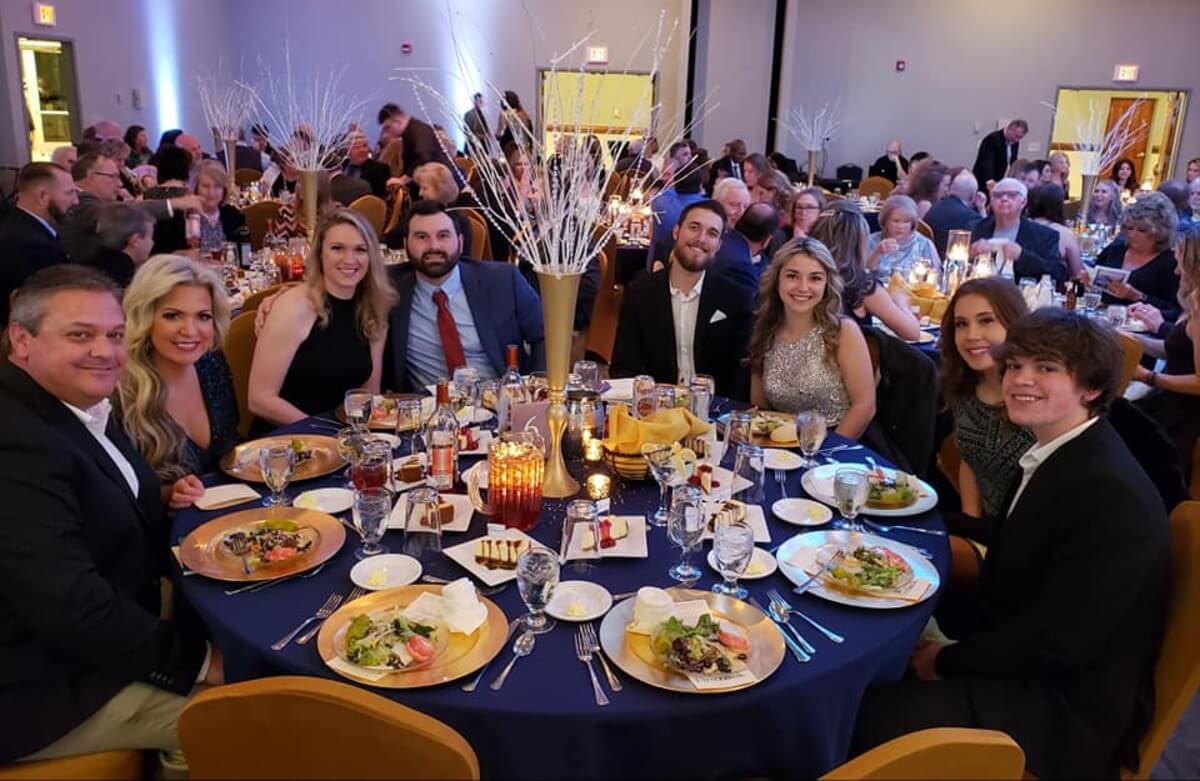MAGGIE SMITH grew up on a family farm — a legacy tilled and nurtured by generations of women before her. This legacy imparted immense respect for the connection between nature and the food on our plates. Smith’s mother, four aunts, and uncle were raised on a dairy farm, and her father, from a diversified agricultural background, passed down their deep connection to the land and animals. But it wasn’t until later that Smith realized the impact this upbringing had on her life.
In high school, Smith broke new ground as the first female president of the National FFA Organization (FFA) in her chapter. The community supported her and was aware of her active participation on the farm and her understanding of agriculture. It was when she ventured outside the county for job interviews after college that she encountered adversity.
“I remember I was interviewing for a job — agricultural job — and the person who was interviewing me looked at me and said, ‘You should be a nurse or a teacher because that’s what women do.’”
That was Smith’s first taste of gender bias in the agricultural industry. Fortunately, her college professors, who valued education over gender, supported her. Together, they wrote a letter to the company’s president addressing the discrimination she faced.
Smith’s educational journey was diverse. She earned undergraduate degrees in animal science and agricultural education and a master’s in food science, then known as food technology and science. A turning point came during an undergraduate course on meat and meat products.
“When I was working on my first undergraduate degree in animal science, I took a class on meat and meat products, and it just clicked with me that I loved this. When I began my master’s work, I focused on meat products.”

Food science consists of two primary areas: research and development and food safety and quality assurance. In research and development, food scientists work for companies to create new products or improve existing ones. Every new product on the market has undergone extensive testing by food scientists. On the other hand, food safety and quality assurance professionals make sure food leaving processing plants is safe, wholesome, and meets regulatory standards. This growing field is crucial, requiring individuals to maintain the safety and quality of our food supply.
A significant part of Smith’s career involves animal welfare. Animal welfare focuses on the health, nutrition, and natural behaviors of animals, ensuring they are well cared for. As an animal welfare auditor, trainer, and consultant, Smith’s role is to ensure farmers and processors adhere to established guidelines and maintain high standards of care for their animals. She volunteers her time to educate consumers about the fascinating world of food production and safety.
“We are doing everything we can to make things safe.”
In the agricultural sector, one major challenge is consumer perception.
Misinformation about food processing and animal welfare is rampant. Another challenge is ensuring biosecurity to prevent disease spread, which comes with its own challenges.
“We’re very cognizant of diseases and the extreme measures we have to take to ensure that we don’t spread disease or bring disease to a farm. However, sometimes, at the end of the day, we may have to stay home if there’s a disease and let it ride its course, which tends to be a scheduling nightmare.”

Smith sees challenges for the future of agriculture, including diminishing farmland and encroachment. To sustain ourselves, we must reinvigorate interest in farming and support those who produce our food. With only 2% of the population feeding the entire country and more, we need a strong foundation for future generations. It’s important for the next generation to understand that food comes from farms — not grocery stores or restaurants — and job opportunities are vast.
“You will always have a job. Even if you don’t have a farm background, if it’s something you’re interested in — go for it. It has provided a good career for me, and I have enjoyed every minute of it.”
Additionally, supporting farmers and ensuring ethical practices will secure a maintainable food system for future generations.
The farm-to-table movement, or “farm-to-fork,” as most food scientists call it, excites Smith because food connects people. Whether through a new recipe or a product on the market, food has the power to unite people of all backgrounds.
“Food brings people together. We not only are feeding a nation and feeding the world, but we’re bringing people together,” she said.
Smith advocates for enjoying food without guilt. Food is something we all can enjoy and should not induce shame. By appreciating the journey from farm-to-fork, we can create a greater connection to our food and the people who produce it. Remember, food is not just sustenance — it’s a celebration of life, culture, and community.
When it comes to food safety and eating safe food, Smith points out the last resort is the consumer. Therefore, it’s important to wash your hands and store your food properly. The responsibility ultimately falls on you to ensure food safety.
So next time you gather around a table, remember the long journey your food has taken and appreciate the hands that brought it to you. Then, with assurance, wash your hands and savor each bite. GN












